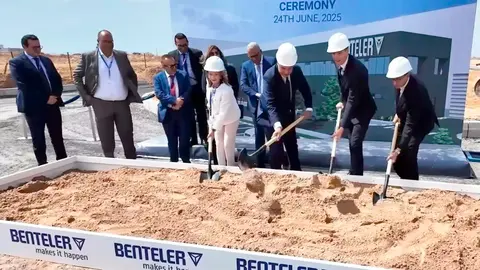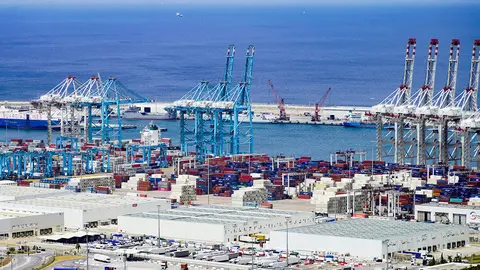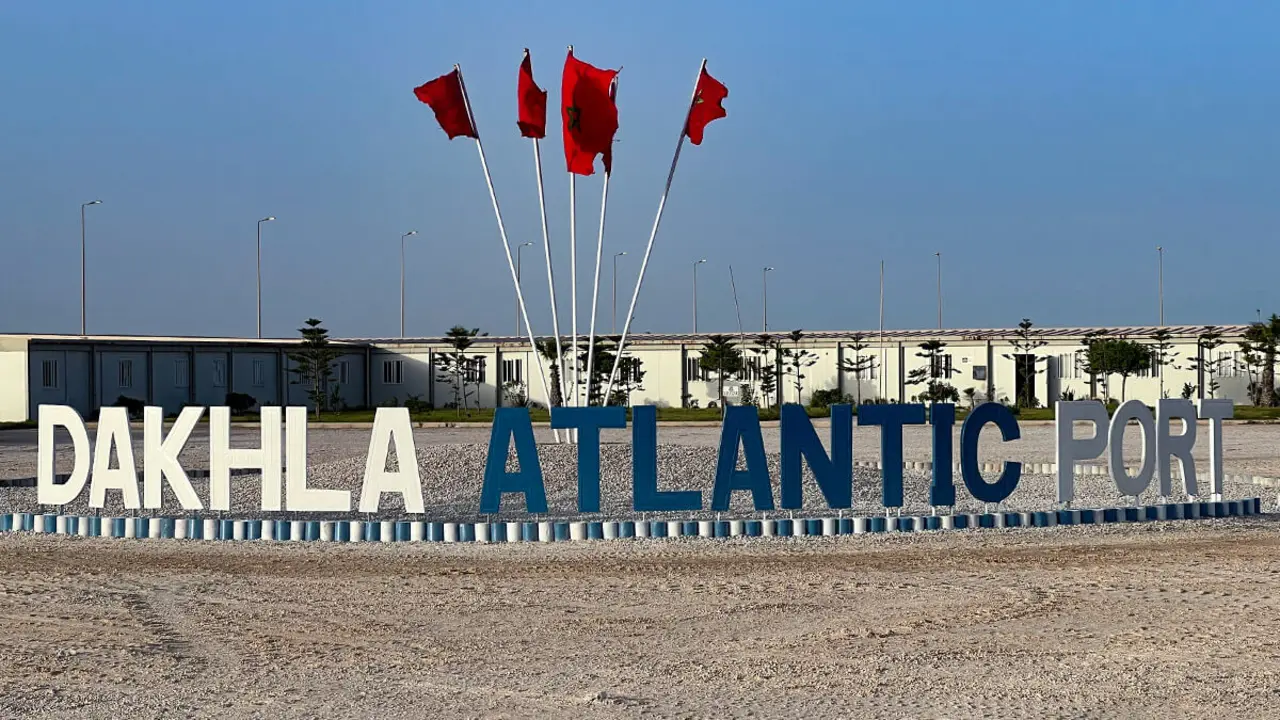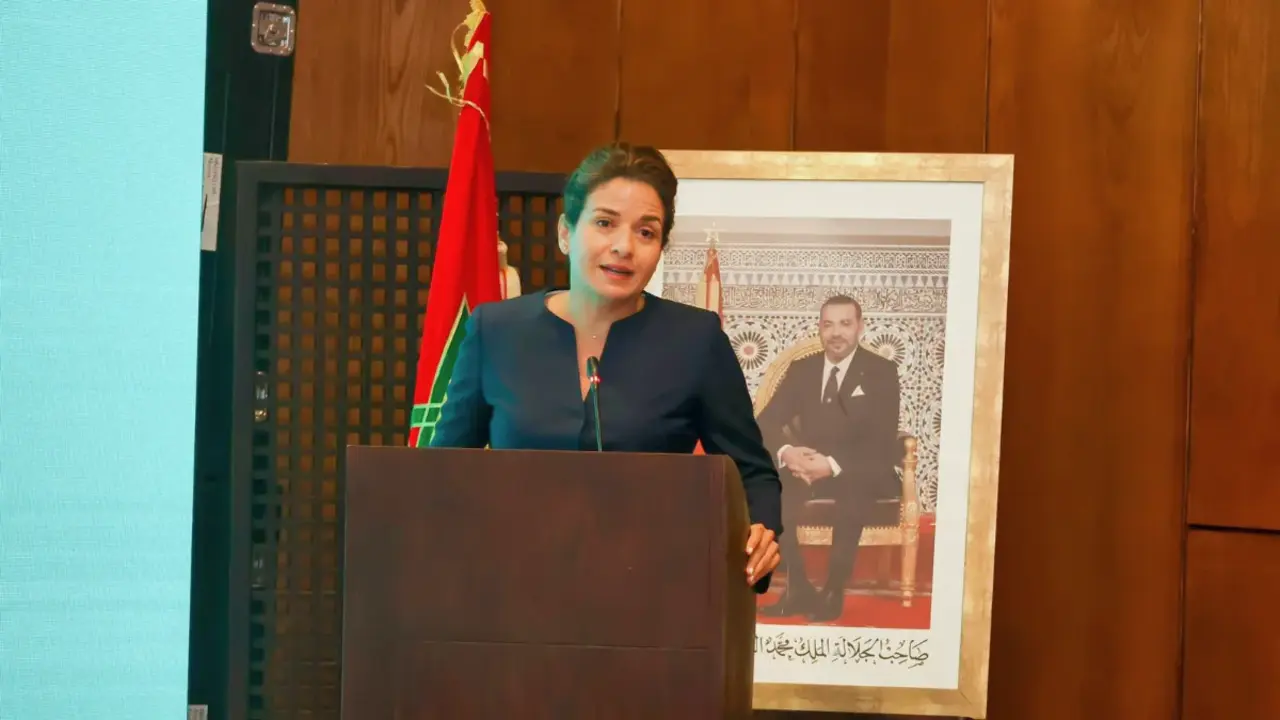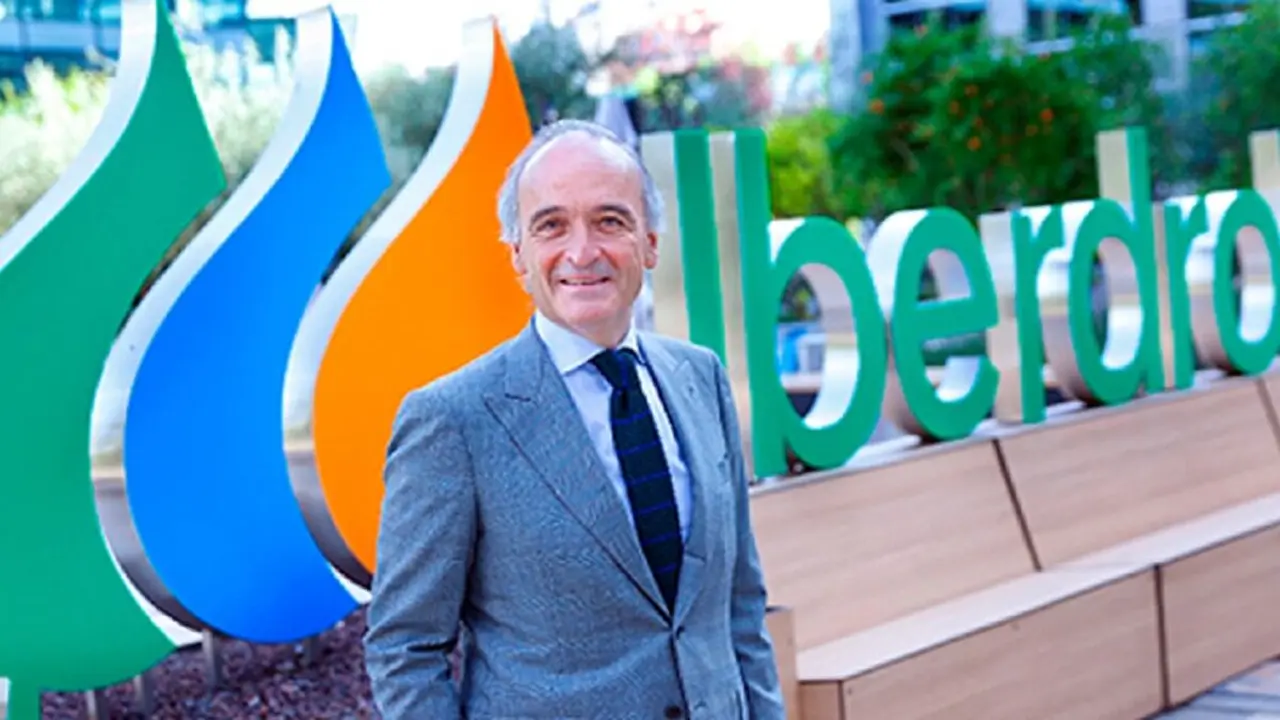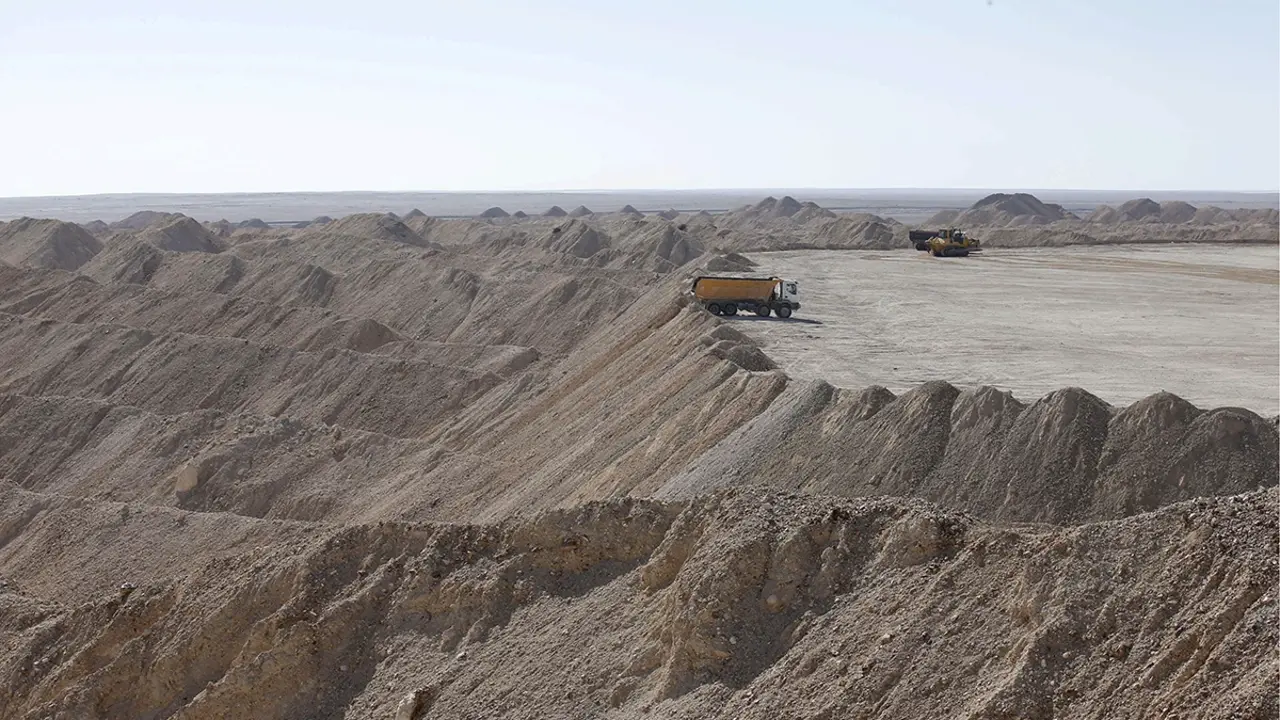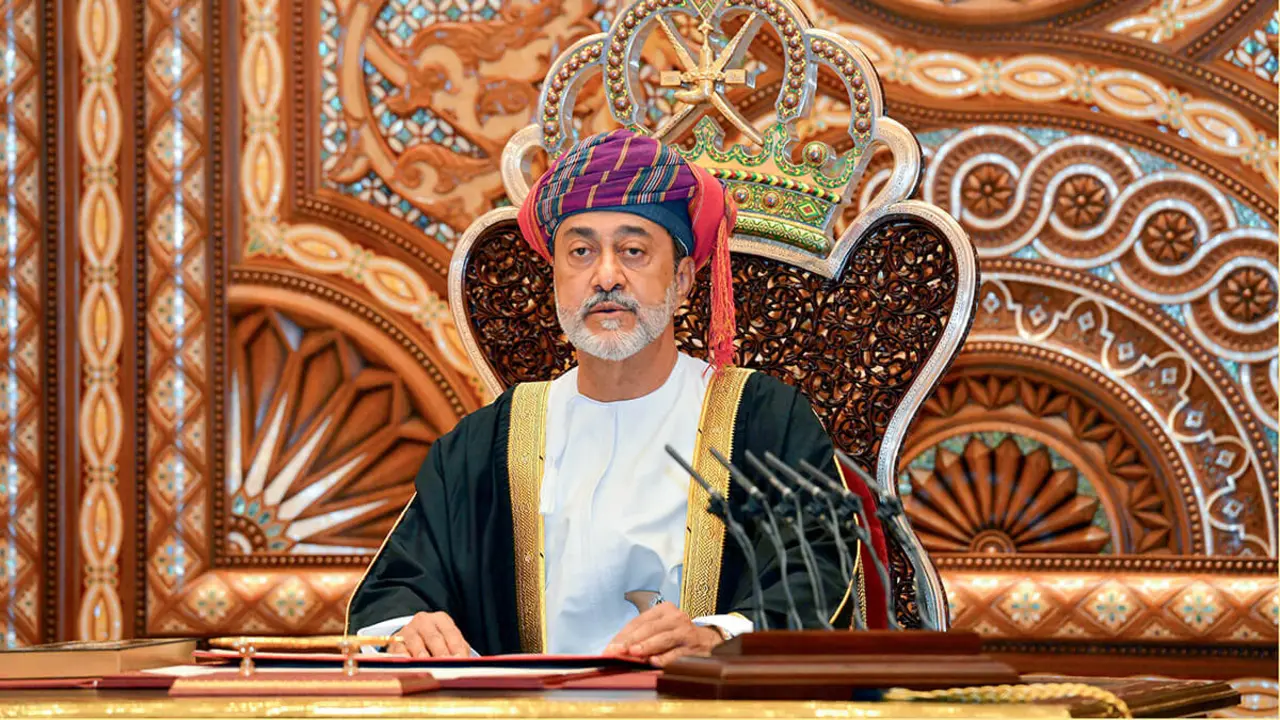Morocco presents its new job creation strategy
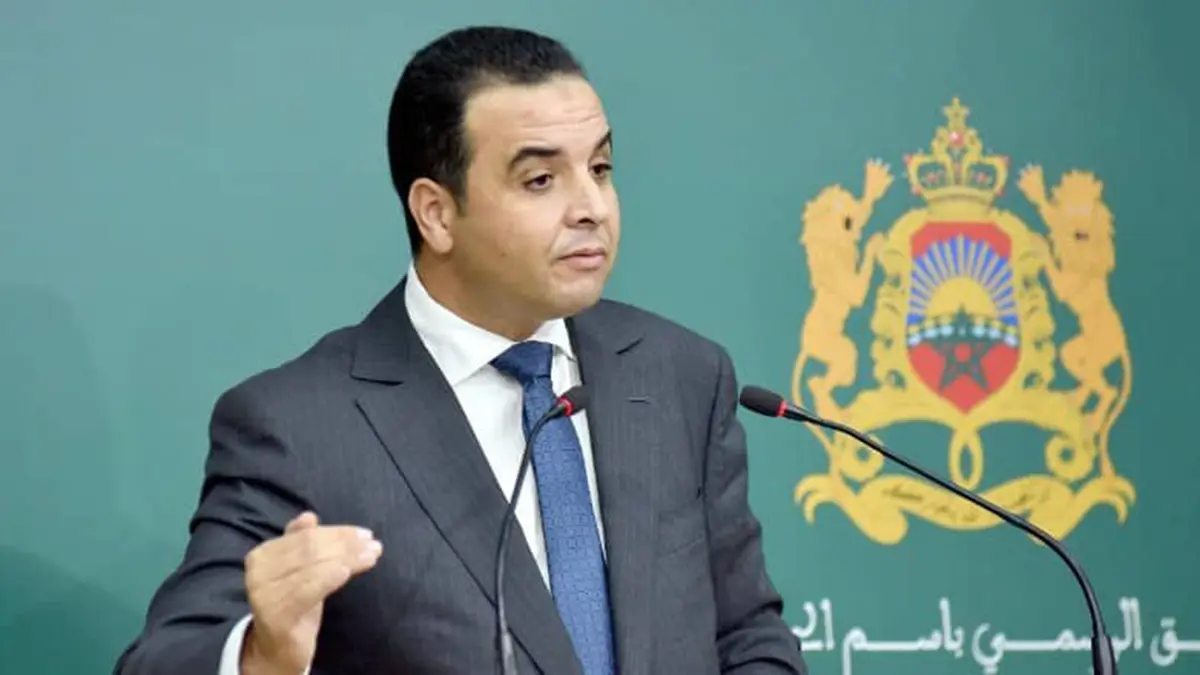
The official spokesperson for the Moroccan government, Mustapha Baitas, announced an ambitious project comprising eight key initiatives to create jobs through a historic investment of 15 billion dirhams, equivalent to 1.66 billion dollars, focused on restructuring employment support programmes and plans for agriculture and small businesses. The plan is based on the growing unemployment recorded in 2024, which is expected to be reduced to 9% by creating 1.45 million jobs by 2030.
The fundamental vision is to strengthen employment policies and vocational training. Baitas reaffirmed that employment concerns have become a key issue for the government as they are an essential pillar in building a social state and, consequently, a national priority. Although the strategy was announced weeks ago, the government is continuing to work on it until an extensive preliminary assessment has been carried out, not wanting to rush into anything.
Moroccan Prime Minister Aziz Akhannouch has published a roadmap for implementing the new employment policy, highlighting its importance for preserving the dignity of citizens, ensuring a decent life, and promoting the economic and social development of the Kingdom. The same publication also emphasised that the government intends to implement the policy by setting short-term objectives focused on reducing the unemployment rate. Investment is structured to allocate 12 billion dirhams to stimulate investment, 2 billion to encourage job recovery programmes and 1 billion for jobs in rural areas.
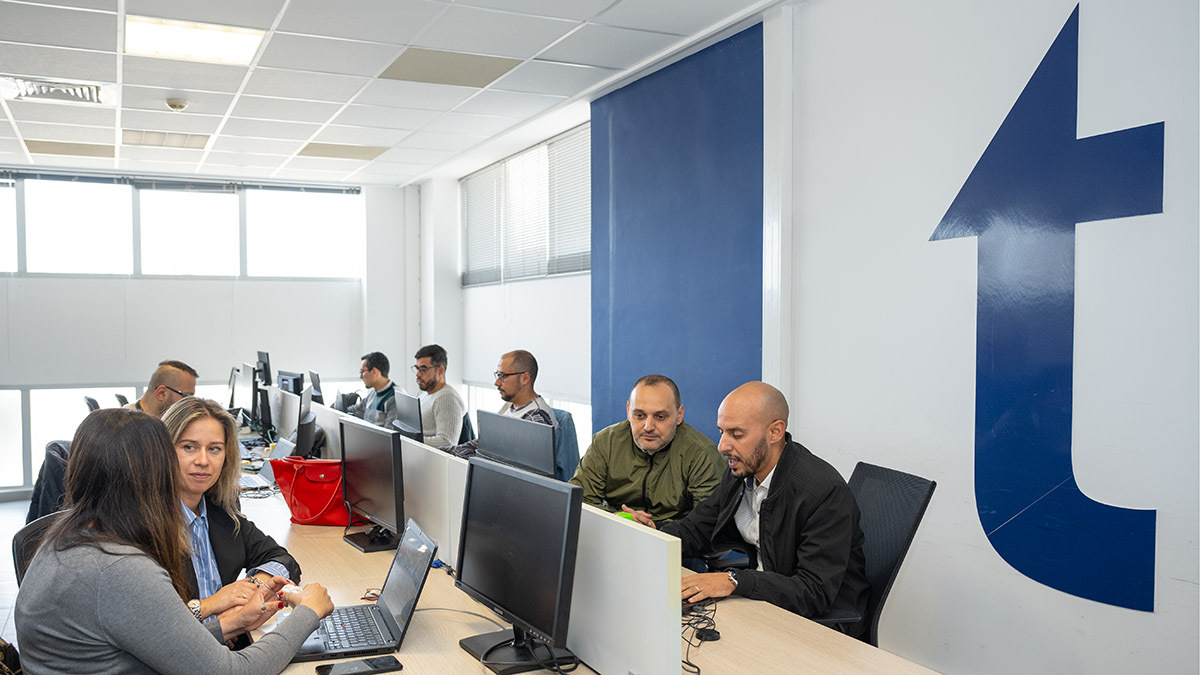
The government is working to address these challenges through measures aimed at reviving the business world, implementing a support system for investment projects ranging from one million to 50 million dirhams. Specifically, supporting micro, small and medium-sized enterprises serves to improve their ability to access subsidies and facilitates their access to public transactions and exports. This promotes active employment and broadens access for people without qualifications.
Another measure is precisely to promote active employment policies and the generalisation of vocational training, creating a more inclusive environment for employability and rehabilitation, especially for young people. This could encourage the creation of 422,500 jobs by 2025.
Economist Idris Al-Fina added that the government is in the stage of tangible economic impact and, despite criticism of the slow pace of the process, coupled with difficulties in education and health, changes in the economic structure, control of public finances and the mobilisation of infrastructure are signs that the reforms are progressing and are projected to be a stable economic project. A decisive path towards a more mature, controlled and proactive economy is expected, where the focus should be on boosting growth and linking it to social justice. However, this is no easy task, especially given the current international trade imbalances that increase the fragility of this growth.

The Minister of Economic Integration, Microenterprise, Employment and Skills, Younis Sekkouri, announced details of new procedures for smaller companies focused on the operation of certified and uncertified labour, opening the door to further progress in professional training and reforms to continuing training, with benefits for the employing operator. In addition, changes are to be made to professional integration, establishing progress in labour mediation and removing barriers to women's access to the world of work, as well as responding to the current needs of female workers.
To achieve these objectives, a ministerial committee has been set up to direct, evaluate and monitor initiatives, as well as a data collection and analysis unit to increase the effectiveness of public policies.
This operation involves an unprecedented investment that seeks to combat unemployment, promote training, strengthen small and medium-sized enterprises, support farmers and mitigate the adverse effects of climate change, culminating in the central objective of boosting the North African country's economy. With the visionary and transformative leadership of King Mohammed VI, Morocco remains on a path of dynamic development with major projects in the sports, housing, agriculture, tourism and digitalisation sectors, which will also promote sustainable employment growth.

